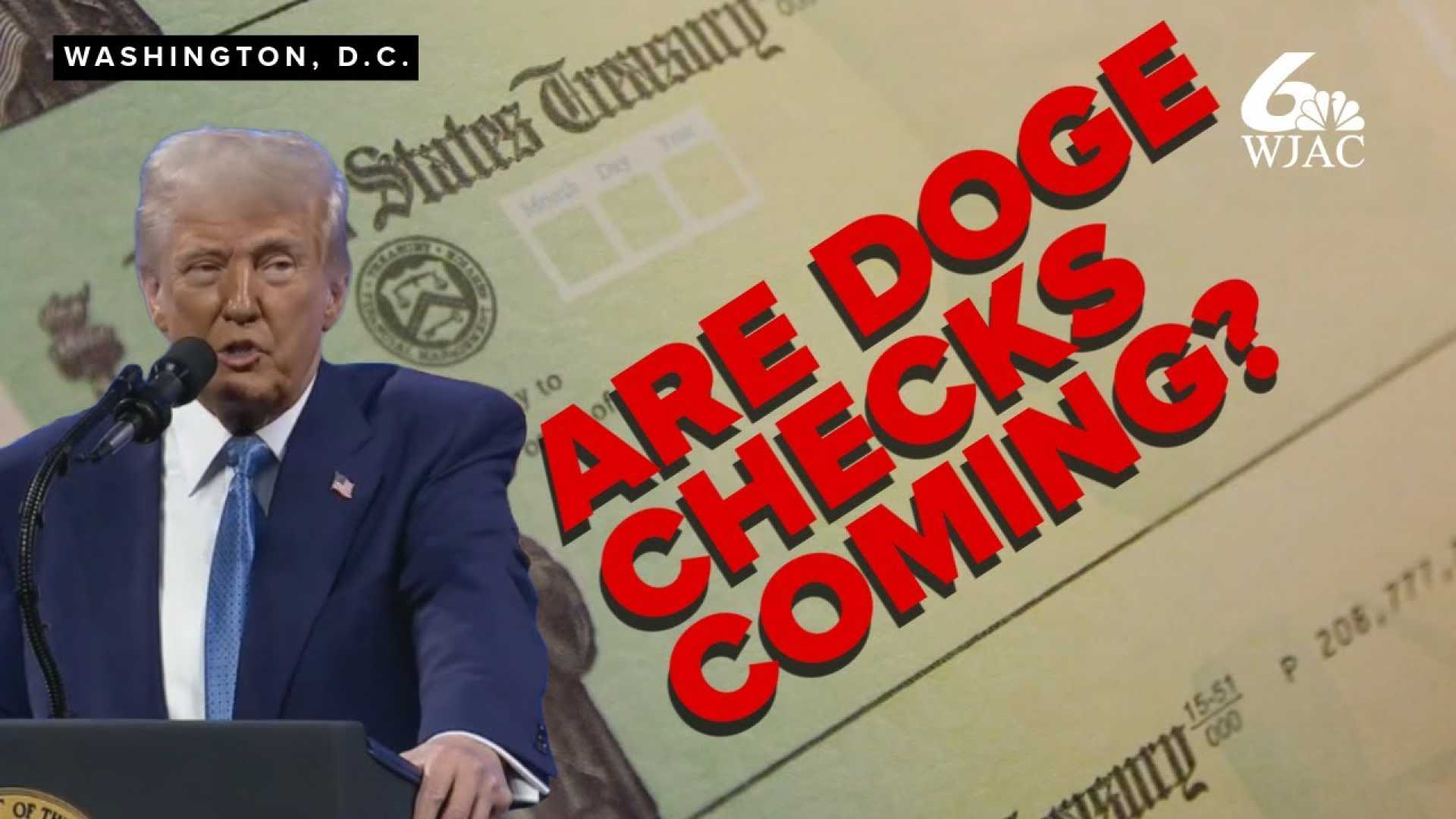Politics
Trump Proposes ‘DOGE Dividend’ Amid U.S. Inflation Struggles

MIAMI, Florida — President Donald Trump is considering a bold proposal to return a portion of the savings identified by Elon Musk’s Department of Government Efficiency (DOGE) back to Americans, potentially complicating the ongoing battle against elevated inflation.
At the FII Priority Summit in Miami on Wednesday, Trump stated, “There’s even a — under consideration, a new concept where we give 20% of the DOGE savings to American citizens and 20% goes to paying down debt.” This would be termed as a ‘DOGE Dividend,’ referring to checks sent to taxpayers funded by savings accrued through government efficiency reforms.
Musk hinted at this idea on social media earlier this week, suggesting he would discuss it further with Trump. The suggestion comes amid ongoing concerns about inflation, which recently spiked to the highest level since June 2024, challenging the Federal Reserve‘s target rate of 2%.
During the pandemic, the federal government issued over 476 million payments amounting to $814 billion to help households, but the economy now faces inflation pressures that some economists attribute to significant government spending. Researchers at the St. Louis Fed estimated that government stimulus measures accounted for a 2.6 percentage point increase in the 7.9% annual inflation rate recorded in February 2022.
Trump, who previously emphasized his commitment to combatting inflation starting on “Day One” of his presidency, shifted blame for current inflation rates onto the Biden administration, stating, “Inflation is back. I had nothing to do with it.”
In parallel, budget experts are scrutinizing the feasibility of achieving Musk’s target of $2 trillion in government savings by next year. Some estimates suggest around $500 billion in cuts by July 2026 could lead to significantly smaller individual payouts.
James Fishback, founder of Azoria Partners and an advocate for the ‘DOGE Dividend,’ stated that if DOGE achieves substantial savings, the checks issued could amount to around $1,250 per qualifying household instead of the initially proposed $5,000. He emphasized the need for citizens to report government waste, fostering a culture of accountability.
“We uncovered enormous waste, fraud, and abuse,” Fishback said. “And we are going to make good and pay restitution and then rewrite the social contract between the taxpayer and the federal government.”
Critics, however, remain skeptical about the potential impacts of these payments on inflation. The White House has reportedly dismissed inflation concerns related to the distribution of savings; nonetheless, some economists warn that issuing additional payments could further stoke price increases.
Among the challenges facing this proposal is the substantial national debt, currently at $35.5 trillion, which increased by $1.4 trillion between fiscal years 2023 and 2024, exacerbating pressures on the economy as officials strive to rein in federal spending.
Elon Musk has publicly assessed DOGE’s achievements, boasting of savings already recouped, yet many claims remain unverified. Critics argue that Musk’s ambitions, if left unchecked, could be misguided given the historical difficulty of reducing government spending without congressional action.
As discussions continue, the path forward for Trump’s proposed adjustments remains fraught with complexities that may significantly affect the U.S. economic landscape.












